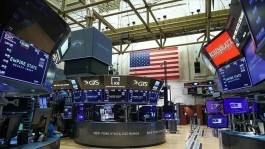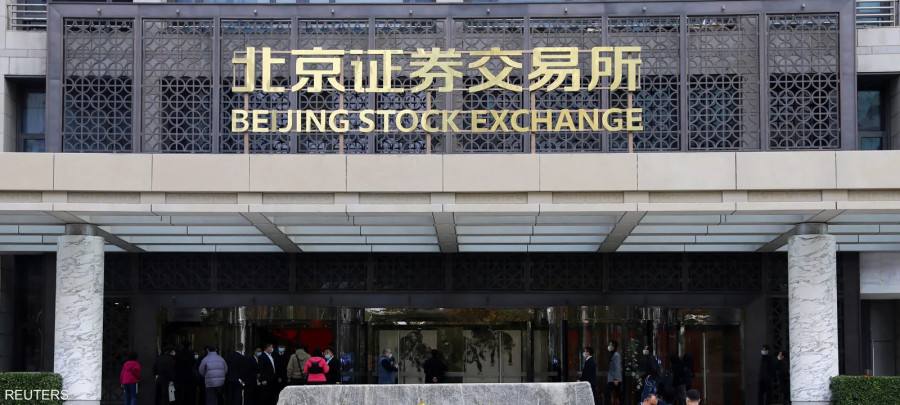The Beijing Stock Exchange has implemented a new policy that prevents major shareholders (the main shareholder) from selling their shares or reducing their holding in listed companies, for fear that such sales will extinguish the recent rise recorded by the stock exchange, Reuters reported, citing sources.
The stock exchange said in a statement to Reuters on Tuesday that talking about such a policy is not realistic and that there is no change in the relevant published guidelines.
It is noteworthy that a major shareholder is a person who owns a stake of 5 percent or more and must make a public filing with the relevant stock exchange before selling shares, according to the rules of Chinese stock exchanges, but the Beijing Stock Exchange recently rejected those deposits, according to the sources.
The sources added that it was not immediately clear how long this new policy would remain in effect, which appears to be an attempt by the authorities to ensure that the recent rise in the market is maintained.
The main Beijing Stock Exchange index jumped by 46 percent during November, supported by a set of policies implemented by the Chinese government.
The Beijing Stock Exchange, launched two years ago, was created to help facilitate financing for innovative small companies, dubbed mini-giants, but has languished due to a lack of investor interest.
The stock exchange said separately in a statement on Monday morning, before the Reuters report was published, that it was closely monitoring trading to ensure normal market order.
The China Securities Regulatory Commission did not respond to Reuters' request for comment.
According to sources, the so-called guidelines - where directives are issued orally without written documents - are aimed at preserving gains.
Without this guidance, rising stock prices may prompt institutional shareholders to reduce their holdings, which could send the index down again, one source noted.
The Beijing Stock Exchange currently has 232 companies with a combined market capitalization of 366 billion yuan (about $50 billion).
In comparison, the Shanghai Stock Exchange includes about 2,256 companies with a total value of 47 trillion yuan (about $6.6 trillion), while the total market capitalization of more than 3,000 companies listed in the Shenzhen Index is 31.9 trillion yuan (about $4.5 trillion).
The Shanghai Composite Index rose 0.4 percent this month, while the Shenzhen Composite Index fell 0.8 percent.







































